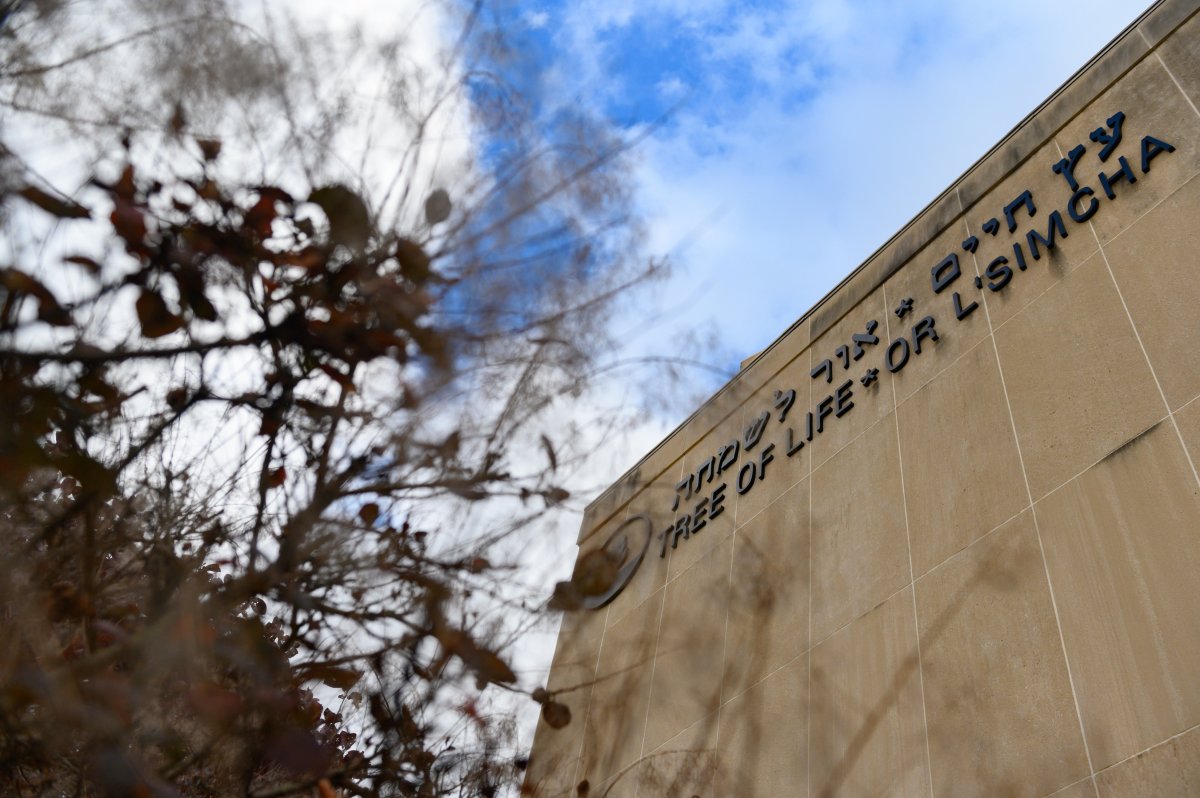"A lie will fly around the whole world while the truth is getting its boots on." The true origin of this timeless aphorism — often attributed to Mark Twain — is disputed, the simple lesson it teaches is unquestionable. And in an era of social media algorithms and worldwide connectivity through the internet, it is just as applicable to hatred as it is dishonesty, and the results can be violent and dangerous.
Case in point: While the Israeli Defense Forces responded to over 1,000 rocket attacks launched by Hamas and other terror groups in Gaza in May of 2021, antisemitism also reached an all-time high in the United States. In major cities, like New York, Los Angeles, and Las Vegas, cries of "free Palestine" and "death to Jews" accompanied assaults on the streets, in restaurants, and outside synagogues.
The prevailing presumption was that anger and frustration over events some 6,000 miles away was entirely to blame for unleashing this tsunami of hatred on American Jewish communities. In fact, new research from Boundless, which combats Jew-hatred, and the Network Contagion Research Institute, which identifies and forecasts social cyber threats, found that particular rhetoric propelled by social media outrage algorithms carried the signal for where and when real-world violence would take place. During this digital frenzy, terms typically used to discuss human rights surged on social media in the exact U.S. locations where violence against Jews occurred. Words such as "apartheid," "ethnic cleanings," and "genocide" that used to have moral weight and legal meaning—were hijacked to delegitimize Israel and vilify Jews.
These findings offer important new clues as to where and how harm targeting Jewish communities originates. Our research makes clear that greater attention must be paid to groups that march in American cities chanting "globalize the intifada" or "find where these zionist fools live."

Enemies of Israel's existence hide behind the guise of progressive values to cherry pick terms from the human rights lexicon and distort their meaning to paint Israel and Jews as evil oppressors. These toxic accusations, in turn, act as a Trojan horse to infiltrate the mainstream discourse with abhorrent tropes about Jews.
There is nothing new under the sun, and this tactic is no exception to that truth. Its origins can be traced to Russia, where an ugly history of animosity toward Jews gave birth to the infamous Protocols of the Elders of Zion. During the Cold War, an explicit campaign sought to exacerbate tensions between East and West, placing Jews as the central scapegoats. The message of these campaigns infiltrated progressive circles, most obviously in institutions of higher education, and have received new life on social media.
Social media ecosystems have long been known to accelerate the growth and spread of antisemitic activity, and it is well known that there is a linkage between online hate forums and real-world attacks. That said, when it comes to Jew-hatred, law enforcement has focused on neo-Nazis, Islamists, and other radical groups notorious for their toxic ideology.
But to effectively protect Jews—by far the largest target of religious hate crimes in the United States, those who make the laws as well as those who enforce them and monitor threats should heed this data and expand their activities to encompass threats emanating from groups using the façade of progressive human rights to demonize Jews and Zionists.
American Jews live in the crosshairs of an array of bad actors. The threats span political ideologies. Yet ideological blind spots are hindering efforts to keep them safe, and the consequences are devastating. Jewish communities are increasingly under attack and the fear of violence, hostility, and intimidation has led growing numbers of young Jews to hide their identity.
America's promise to her people is not only that she will affirm their rights and human dignity, but that they will be protected by the rule of law. Social media signals can offer us critical insights into where and when attacks against Jewish communities take place. And where violence can be reasonably predicted, the warning should be heeded and the danger thwarted. Failing to do so means failing to fulfill that critical promise.
Aviva Klompas is CEO and co-founder of Boundless and can be found on Twitter @AvivaKlompas.
Dr. Rachel Fish is the President and co-founder of Boundless.
The views expressed in this article are the writers' own.
Uncommon Knowledge
Newsweek is committed to challenging conventional wisdom and finding connections in the search for common ground.
Newsweek is committed to challenging conventional wisdom and finding connections in the search for common ground.
About the writer
To read how Newsweek uses AI as a newsroom tool, Click here.








